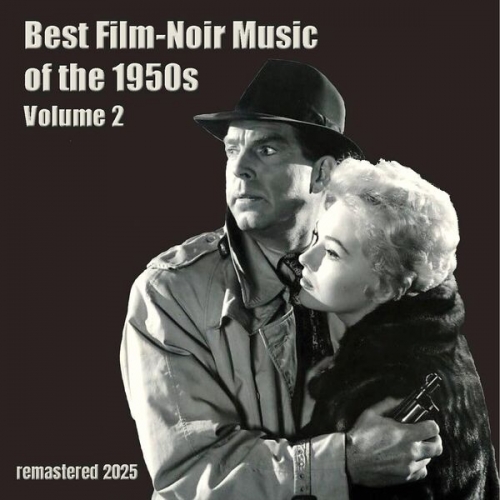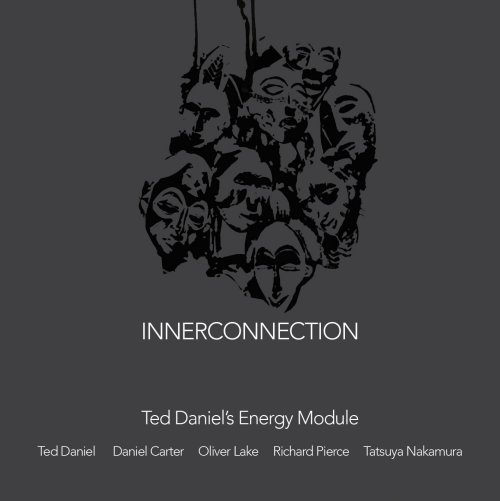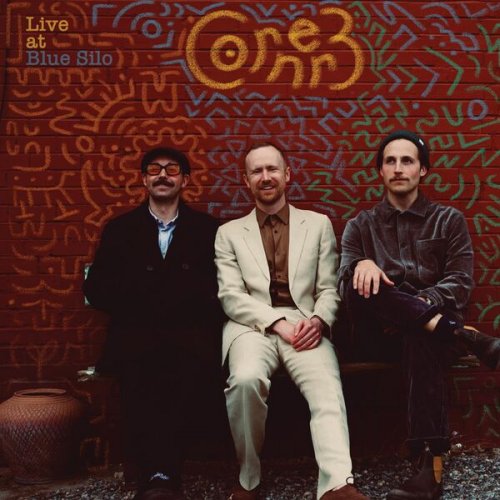Barclay James Harvest - Baby James Harvest (Reissue, Remastered) (1972/2002)
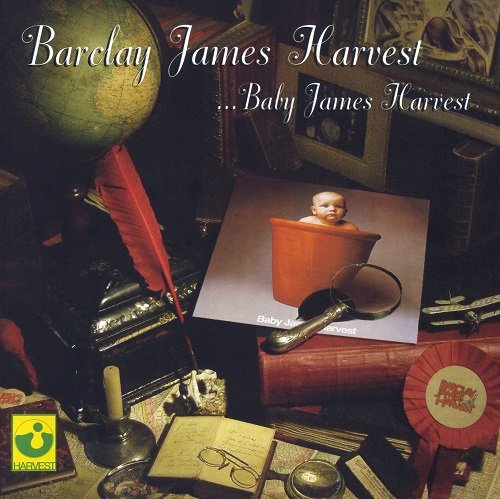
Artist: Barclay James Harvest
Title: Baby James Harvest
Year Of Release: 1972/2002
Label: EMI/Harvest
Genre: Art Rock, Prog Rock
Quality: Mp3 320 / Flac (image, .cue, log)
Total Time: 01:18:54
Total Size: 214/518 Mb (scans)
WebSite: Album Preview
Title: Baby James Harvest
Year Of Release: 1972/2002
Label: EMI/Harvest
Genre: Art Rock, Prog Rock
Quality: Mp3 320 / Flac (image, .cue, log)
Total Time: 01:18:54
Total Size: 214/518 Mb (scans)
WebSite: Album Preview
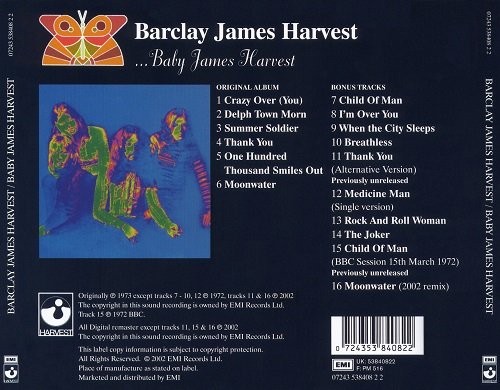
Tracklist:
1. Crazy (Over You) (4:09)
2. Delph Town Morn (4:43)
3. Summer Soldier (10:23)
4. Thank You (4:23)
5. One Hundred Thousand Smiles Out (6:04)
6. Moonwater (Poco Adagio) (7:22)
Bonus Tracks:
7. Child Of Man (3:21)
8. I'm Over You (3:53)
9. When The City Sleeps (Bombadil) (4:16)
10. Breathless (Bombadil) (3:09)
11. Thank You (Alternative Version) (4:27)
12. Medicine Man (Single Version) (4:29)
13. Rock And Roll Woman (3:18)
14. The Joker (3:32)
15. Child Of Man (BBC Session 15th March 1972) (3:37)
16. Moonwater (2002 Remix) (7:20)
Line-up::
John Lees / vocals (1-4), lead (1-5), acoustic (2,3) & 12-string (3) guitars, Fx (3)
Stuart "Woolly" Wolstenholme / piano (1), Mellotron (3), organ (3,6), vocals & bells & tam-tam (6)
Les Holroyd / bass, organ (1,3), Mellotron (1), piano (2,4,5), acoustic guitar (3), vocals (1,2,4,5)
Mel Pritchard / drums, percussion
With:
Brass Ensemble / alto, tenor & baritone saxes, trumpet, trombone & bass trombone (2)
Brian Day / brass arranger and conductor (2)
BJH Symphonic Orchestra / 60-piece (6)
Martyn Ford / orchestral arrangements & conductor (6)
John Bell / orchestral arrangements (6)
Alan Travers / orchestra leader (6)
Peter Tattersall / Fx (3)
Founded in Oldham, UK in 1966 - Split in 1998 as "John Lees' BJH" and "BJH featuring Les Holroyd" since 2002
In 1966 two R & B bands local to Oldham (UK) merged to form a blues outfit THE BLUES KEEPERS. With sponsorship from a local businessman (also their manager) they rented an 18th century farmhouse where they practised extensively, gradually moving towards a progressive rock style then beginning to emerge. On turning professional the name BARCLAY JAMES HARVEST was adopted, and the line-up stabilised as JOHN LEES (guitars, vocals), LES HOLROYD (bass, rhythm guitar, vocals), STUART "WOOLLY" WOLSTENHOLME (keyboards, vocals) and MEL PRITCHARD (drums). After releasing their first single in April 1968, the band joined the legendary progressive HARVEST label, quickly expanding their musical horizons, chiefly by experimenting with longer evolving song structures and orchestrations. Initially this involved the use of woodwind, strings and brass before acquiring a MELLOTRON, but by the time of the release of their first album 'Barclay James Harvest' in 1970 they were employing an orchestra, the grandly titled BARCLAY JAMES HARVEST SYMPHONY ORCHESTRA led by ROBERT GODFREY who later became a member of THE ENID.
Though producing some of their best melodic progressive work at this time, the orchestra proved to be too expensive and very nearly bankrupted the band, but in 1973 a move to the POLYDOR label saw an upturn in their fortunes. With increasing commercial success, their music began to develop towards simpler song structures with stronger arrangements which caused detractors to dub them 'The Poor Man's Moody Blues'! By 1979 WOOLLY left the band because he had become disillusioned that they had moved away from their Prog roots. They continued into the 1980s as a 3-piece augmented by hired musicians, and with a string of melodic AOR albums finally made a commercial break-through in Europe, particularly in Germany where they played several major outdoor concerts, beginning with a massive free concert on the steps of the historic Reichstag in August 1980.
By the end of the decade the band's popularity was starting to wane. In the 1990s, a traumatic court case and widening musical differences between band members took its toll. In 1998 the two songwriters HOLROYD and LEES agreed to go their separate ways while continuing to work under the umbrella of the old band name. Thus was born the two outfits which remain today: BARCLAY JAMES HARVEST FEATURING LES HOLROYD perseveres with the AOR style of their later work; while JOHN LEES' BARCLAY JAMES HARVEST (JLBJH) has returned to the more Prog orientated work of the 1970s, including working again with Woolly Wolstenholme. Sadly, MEL PRITCHARD passed away in 2004
In 1966 two R & B bands local to Oldham (UK) merged to form a blues outfit THE BLUES KEEPERS. With sponsorship from a local businessman (also their manager) they rented an 18th century farmhouse where they practised extensively, gradually moving towards a progressive rock style then beginning to emerge. On turning professional the name BARCLAY JAMES HARVEST was adopted, and the line-up stabilised as JOHN LEES (guitars, vocals), LES HOLROYD (bass, rhythm guitar, vocals), STUART "WOOLLY" WOLSTENHOLME (keyboards, vocals) and MEL PRITCHARD (drums). After releasing their first single in April 1968, the band joined the legendary progressive HARVEST label, quickly expanding their musical horizons, chiefly by experimenting with longer evolving song structures and orchestrations. Initially this involved the use of woodwind, strings and brass before acquiring a MELLOTRON, but by the time of the release of their first album 'Barclay James Harvest' in 1970 they were employing an orchestra, the grandly titled BARCLAY JAMES HARVEST SYMPHONY ORCHESTRA led by ROBERT GODFREY who later became a member of THE ENID.
Though producing some of their best melodic progressive work at this time, the orchestra proved to be too expensive and very nearly bankrupted the band, but in 1973 a move to the POLYDOR label saw an upturn in their fortunes. With increasing commercial success, their music began to develop towards simpler song structures with stronger arrangements which caused detractors to dub them 'The Poor Man's Moody Blues'! By 1979 WOOLLY left the band because he had become disillusioned that they had moved away from their Prog roots. They continued into the 1980s as a 3-piece augmented by hired musicians, and with a string of melodic AOR albums finally made a commercial break-through in Europe, particularly in Germany where they played several major outdoor concerts, beginning with a massive free concert on the steps of the historic Reichstag in August 1980.
By the end of the decade the band's popularity was starting to wane. In the 1990s, a traumatic court case and widening musical differences between band members took its toll. In 1998 the two songwriters HOLROYD and LEES agreed to go their separate ways while continuing to work under the umbrella of the old band name. Thus was born the two outfits which remain today: BARCLAY JAMES HARVEST FEATURING LES HOLROYD perseveres with the AOR style of their later work; while JOHN LEES' BARCLAY JAMES HARVEST (JLBJH) has returned to the more Prog orientated work of the 1970s, including working again with Woolly Wolstenholme. Sadly, MEL PRITCHARD passed away in 2004
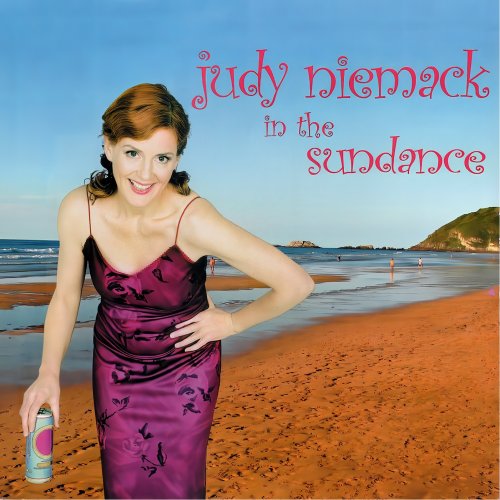
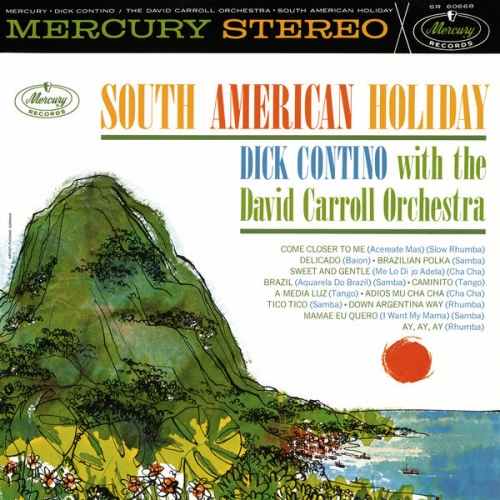
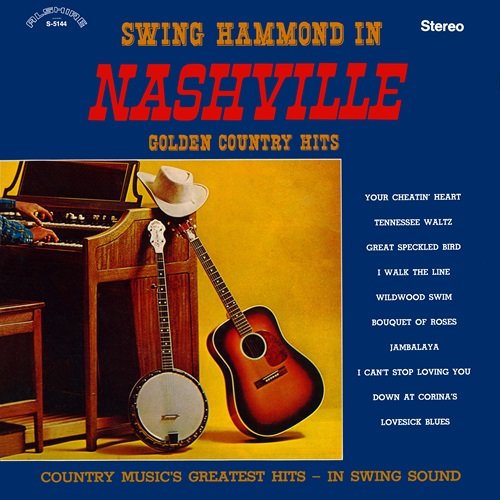
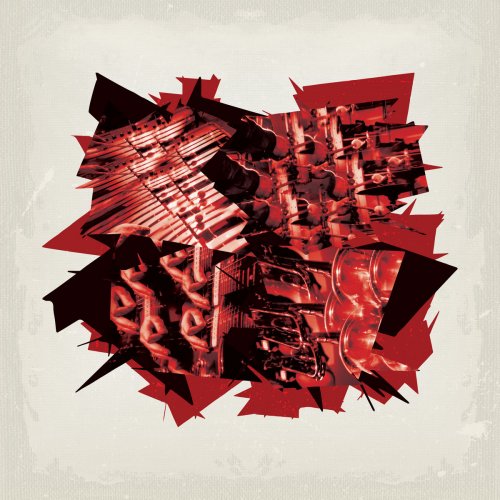
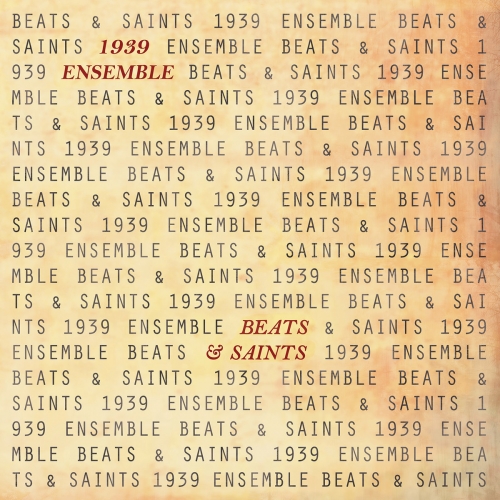
![Organic Pulse Ensemble - Bamboo Noodles (2025) [Hi-Res] Organic Pulse Ensemble - Bamboo Noodles (2025) [Hi-Res]](https://www.dibpic.com/uploads/posts/2026-01/1767515726_l8l51uoc94s2b_600.jpg)
